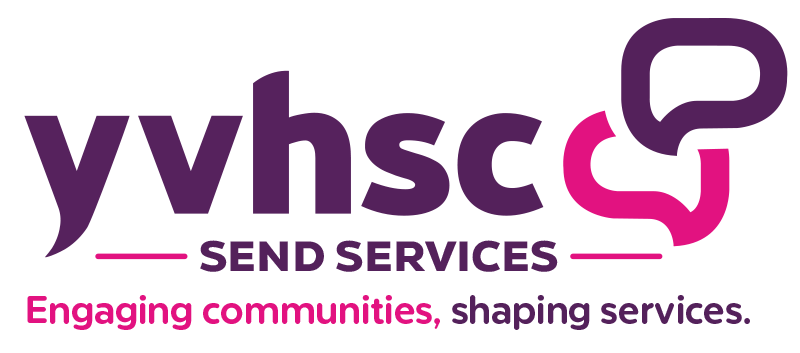Preparing for Adulthood
Young people with special educational needs or disabilities (SEND) are legally entitled to be supported in education or training up to the age of 25. This support can take a number of different forms. The SEN system places particular emphasis on supporting young people to get ready for their future.
Preparing for adulthood is the term used to describe the support on offer to young people with SEND as they transition into adulthood. All children need some guidance to prepare for their future. Moving into adulthood can be more challenging for young people with SEND. They could struggle with not knowing their options, thinking they can't achieve much, and having trouble expressing their thoughts. They might need more help when moving from school to college or from studying to adult life.
Preparing for adulthood support usually focuses on four pathways, helping young people to achieve the best outcome in:
Further or Higher education or employment;
Independent living and housing options;
Participating in the local community and society, and having positive relationships;
Good health.
All children and young people have the right to have their views taken into consideration about decisions that affect them. It is assumed that a young person has this right unless they lack the mental capacity to make a specific decision. A young person has rights separate from their parents.
A summary of Young Person Rights:
Young person should be at the centre of planning for and making decisions about your future. The LA must have regard to their views, wishes and feelings, and must provide them with the support and information they need in order to participate as fully as possible in decisions.
Colleges and schools must use their best endeavours to ensure that young person receive the special educational provision they require, whether or not y they have an EHC plan.
Where more support is needed, young person can request an EHC needs assessment, which may lead to getting an EHC plan.
Make decisions about the support in their EHC plan; ask for a personal budget; appeal directly to tribunal about a decision relating to an EHC assessment or a plan.
Young people with disabilities must not be discriminated against, and schools and colleges must make reasonable adjustments to avoid placing them at a disadvantage. A reasonable adjustment could be something like specialist equipment you need, or extra study time.

